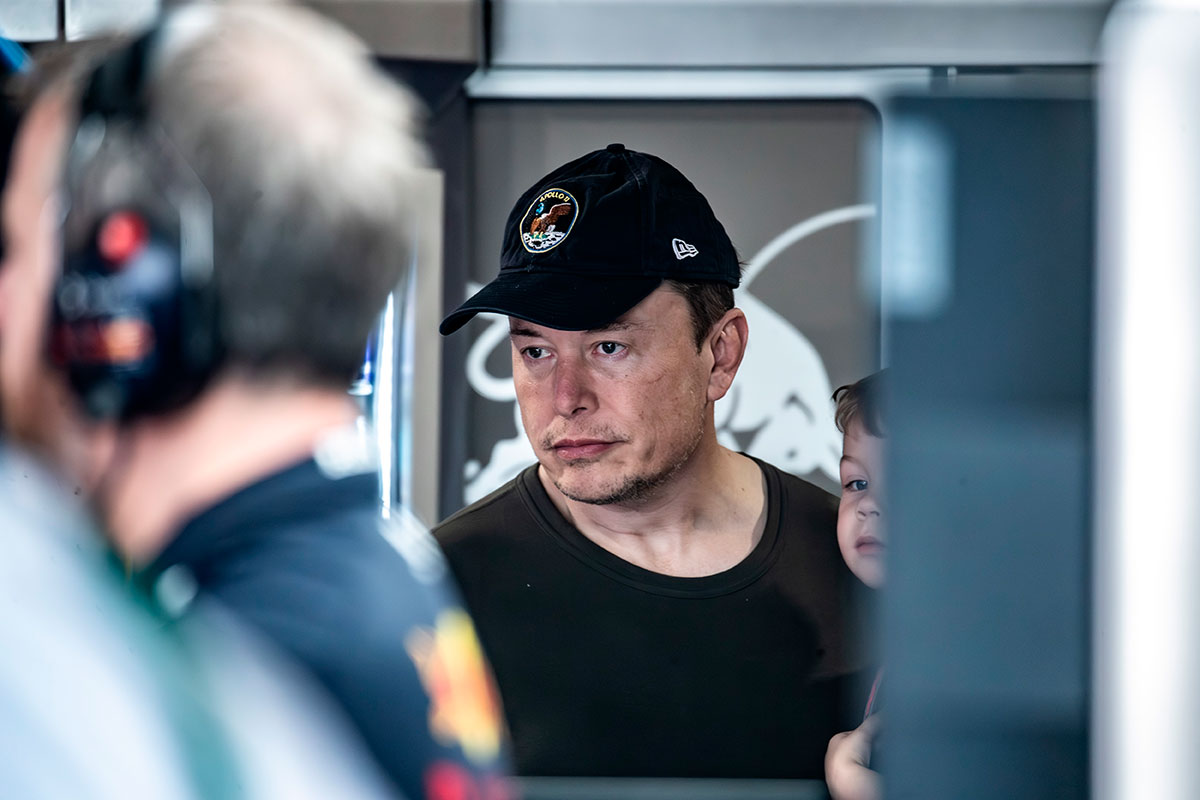In Memphis, Elon Musk’s ambition is set to pull a dormant factory towards extraordinary performance. Between the pride of rebirth and potential burden for Boxtown, the neighboring district, tension is palpable. Central question: is the race for computing power worth what the air might lose?
A technology colossus at the heart of Memphis
In a former Memphis factory, an extraordinary project is being organized around Colossus, the computing infrastructure that Tesla’s CEO and founder of xAI, Elon Musk, intends to elevate to the world’s most powerful supercomputer. The stated ambition is clear: to provide massive computing power to train next-generation artificial intelligence models.
The site, long abandoned, is being reimagined as a nerve center of data centers, with considerable energy and thermal needs. The surrounding neighborhoods, notably Boxtown, are watching this transformation with a mix of curiosity and apprehension, aware of the upheavals that such a project can bring on a local scale.
An enticing economic project, but at what cost?
The project proponents highlight the creation of jobs, the growth of a digital ecosystem, and increased attractiveness of Memphis for tech players. Under the banner of xAI’s Delta Digital program, the promise is to catalyze investments, stimulate the local economy, and firmly place the city on the global innovation map.
Construction jobs followed by skilled positions for operation and maintenance
Orders for local businesses and additional tax revenues
Ripple effect on training and digital skills
But the equation includes potential costs often not visible at the outset: enormous energy consumption, cooling demands, noise pollution, and pressures on networks. For some residents, the announced economic benefit should not overshadow the environmental and health impacts that such a rise in power might accompany.
Pollution and gas turbines: the unspoken aspects of the project
The core of the controversies concerns the gas turbines intended to power Colossus. According to locally relayed information, these facilities operate without environmental permits, a situation that particularly alarms the residents of Boxtown, already exposed to historical industrial pressures.
Possible increase in emissions of nitrogen oxides and fine particles
Risk of increased tropospheric ozone and respiratory effects
Residual heat, noise from installations, and increased logistical traffic
According to the local environmental protection agency, already concerning pollution levels could worsen with the arrival of this infrastructure. Residents fear a worsening of respiratory diseases and other health consequences, pointing to an accumulation of nuisances in a historically marginalized area.
Between hope and indignation: contrasting reactions
Economic leaders welcome a project capable of propelling Memphis to the rank of a reference hub for AI, while the population remains divided. In Boxtown, the feeling of being used without sufficient compensation is strongly expressed, in the name of an environmental equity deemed essential.
In response to criticism, xAI highlights investments in emission filters and announces upcoming work to convert some energy sources. However, recurring calls demand more effective and measurable guarantees.
Framework for independent monitoring of emissions and air quality
Regular publication of operational and compliance data
Community benefit agreements and funded mitigation measures
An innovation that divides
Colossus crystallizes a lasting tension between technological progress and public health. For Elon Musk and the promoters, the economic and scientific benefits outweigh the inconveniences. For the most exposed residents, the challenge is not to sacrifice vulnerable communities in the name of innovation.
The outcome will depend on the ability to strictly control emissions, comply with regulatory requirements, and establish a fair sharing of benefits and risks. It is under this condition that Memphis can combine industrial ambition and environmental justice without deepening existing divides.

